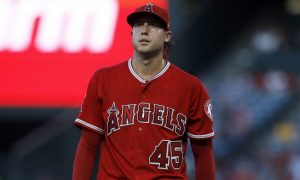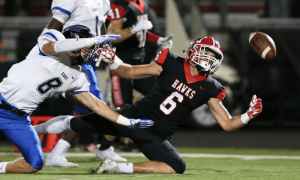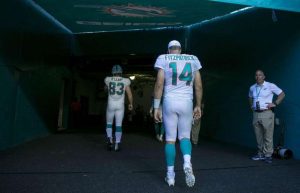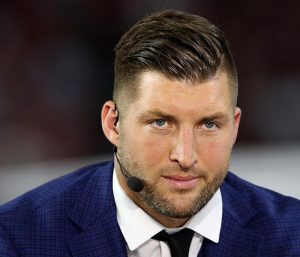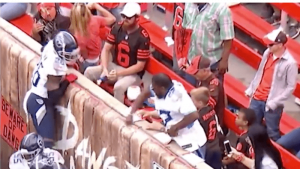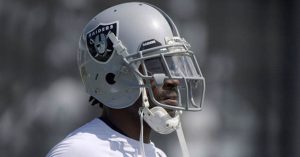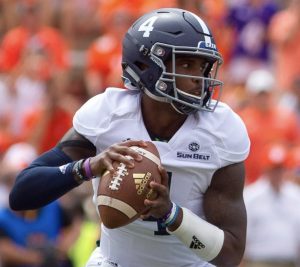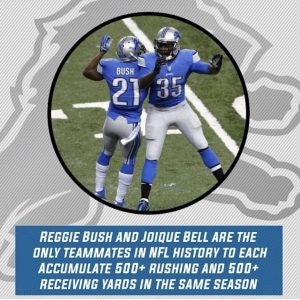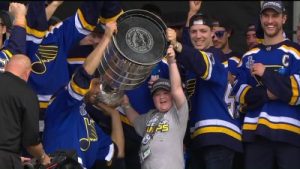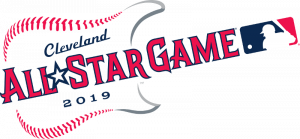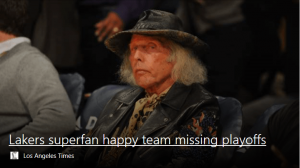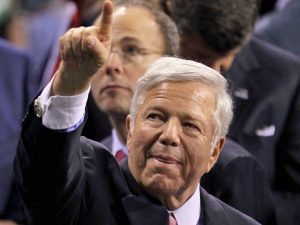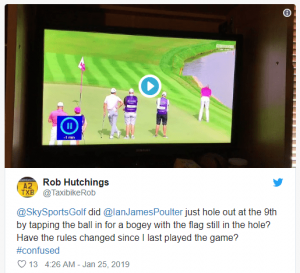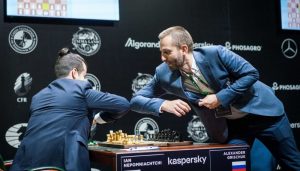
The 2020 Candidates Chess Tournament being held in Russia was suspended on March 26th upon reaching the halfway point and this is a big old giant mess. As my few loyal fans know, I’m a chess nerd, so this is big news for me. The Candidates Chess Tournament is held every two years with the winner going on to play the current World Chess Champion for the title.
As most people are aware, there is a pandemic spreading across the globe at the moment and this caused Russian officials to suspend all air flights. This means the players in the tournament will have no way to leave Russia at the conclusion of the tournament. This being the case, it was decided to suspend the Candidates Chess Tournament and resume after the crisis ends.
This series of events is a nightmare. First of all, the tournament is an eight-player round-robin event. One of the eight, Teimour Radjabov, had strong concerns about going on with the event in the first place and asked the FIDE, the governing body, to postpone the event. They said they could not do so and he decided to withdraw. In his place a fellow named Maxime Vachier-Lagrave was allowed to participate. MVL, as he is affectionally called, is currently tied for first place.
So, where does that leave us? A mess, that’s where. Radjabov has a legitimate complaint that he should be allowed into the tournament because it was suspended as he asked for it to be, essentially, he was right and the FIDE was wrong. Meanwhile, MVL shouldn’t have been there in the first place and if he wins then all the other players have complaints. Even if MVL loses, he defeated other players that perhaps Radjabov would not have beaten and the entire standings are essentially compromised.
The winner of the tournament will be tainted, through no fault of their own but that of circumstance. If the winner of the tournament is tainted then what happens if that person defeats reigning champion Magnus Carlsen and become the new world chess champion? As we of the tribe are prone to say, Oy Vey.
Preparation is thrown into flux as well. Carlsen has a much shorter time to prepare for his opponent whereas his foe can use this delay to work on a game plan against Carlsen. Does the can of worms ever end?
I can’t even lay all the blame on the FIDE, yes, they should have postponed the tournament from the start but there were legitimate reasons to continue. Postponing would have been a difficult decision that brought its own problems as far as scheduling and preparation work as mentioned above. There weren’t any good answers.
Honestly, at this point, I say forget it. Let Carlsen keep the trophy for two more years.
Tom Liberman




